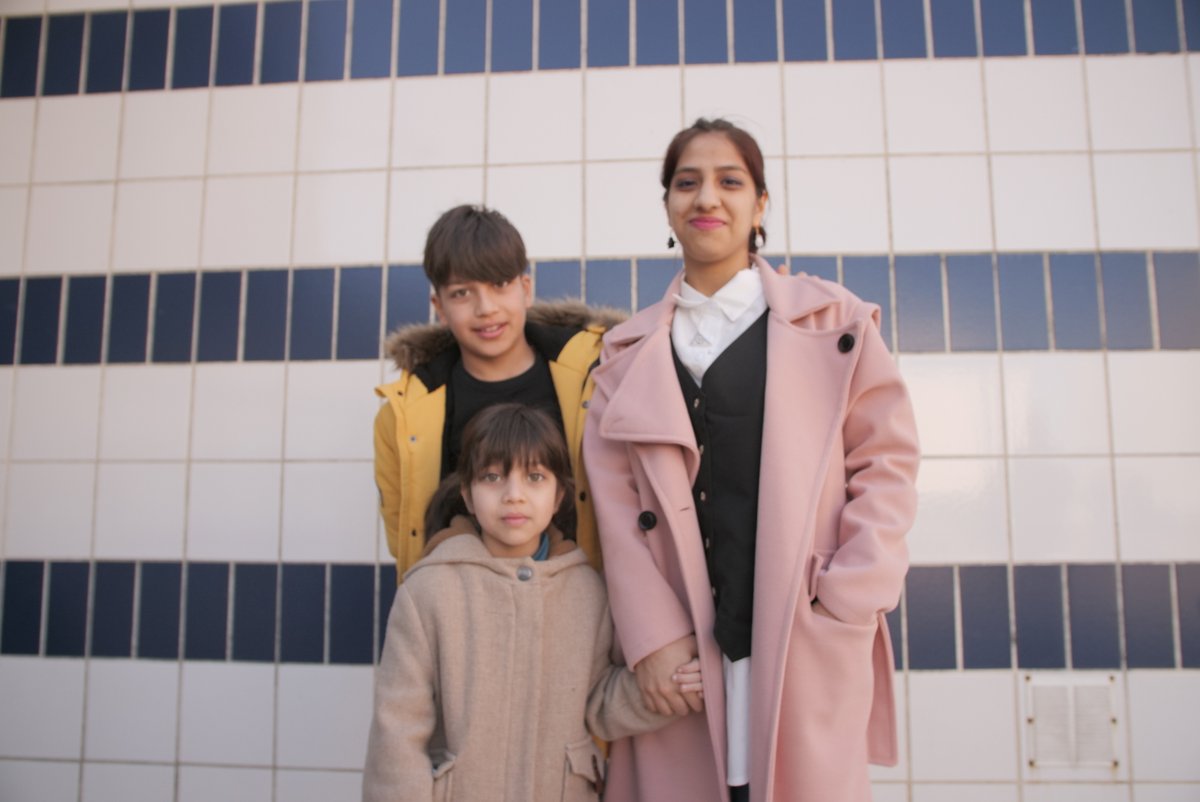
🔴 Two million people have now fled Ukraine, according to the UN.
Here are a few ways you can help. ⬇️
inews.co.uk/news/can-i-tak…
Here are a few ways you can help. ⬇️
inews.co.uk/news/can-i-tak…
🔴 Donations
Charities have appealed for essential items to send to people who have escaped conflict with only what they could carry.
However, due to the unprecedented scale of donations, some centres have now paused collections.
inews.co.uk/news/we-are-so…

Charities have appealed for essential items to send to people who have escaped conflict with only what they could carry.
However, due to the unprecedented scale of donations, some centres have now paused collections.
inews.co.uk/news/we-are-so…


🔴 Monetary donations are often preferred
Physical donations mean humanitarian workers must spend time sorting through items to determine which products are suitable to ship to those who need them most.
inews.co.uk/news/can-i-tak…
Physical donations mean humanitarian workers must spend time sorting through items to determine which products are suitable to ship to those who need them most.
inews.co.uk/news/can-i-tak…
🔴 Where can I donate money?
Support @decappeal’s #UkraineAppeal
The Disasters Emergency Committee unites 15 of the UK’s leading aid charities, raising funds to respond to overseas disasters.
inews.co.uk/news/ukraine-a…
Support @decappeal’s #UkraineAppeal
The Disasters Emergency Committee unites 15 of the UK’s leading aid charities, raising funds to respond to overseas disasters.
inews.co.uk/news/ukraine-a…
🔴 For those who prefer to donate physical goods, you can purchase aid packages
UK charity @RefugEase_UK has a digital shop where packages can be purchased for Ukrainian refugees.
inews.co.uk/news/can-i-tak…
UK charity @RefugEase_UK has a digital shop where packages can be purchased for Ukrainian refugees.
inews.co.uk/news/can-i-tak…
🔴 Some people have purchased goods from Ukrainians’ Etsy pages or booked Airbnbs with hosts in Ukraine.
The purchases are made on the understanding that they won’t be fulfilled.
inews.co.uk/news/ukraine-a…
The purchases are made on the understanding that they won’t be fulfilled.
inews.co.uk/news/ukraine-a…
Read about more ways to help Ukrainian refugees via @theipaper. ⬇️
📷 Irpin, Ukraine, 5 March 2022
inews.co.uk/news/can-i-tak…

📷 Irpin, Ukraine, 5 March 2022
inews.co.uk/news/can-i-tak…


• • •
Missing some Tweet in this thread? You can try to
force a refresh










